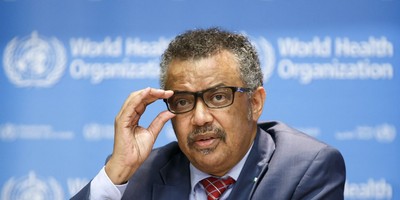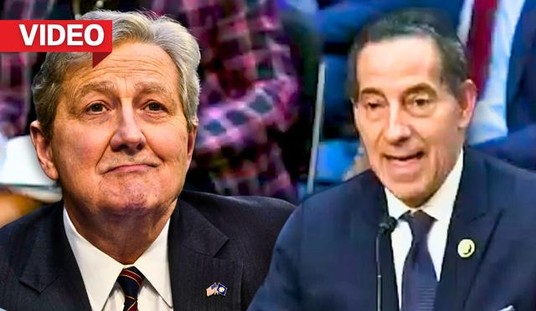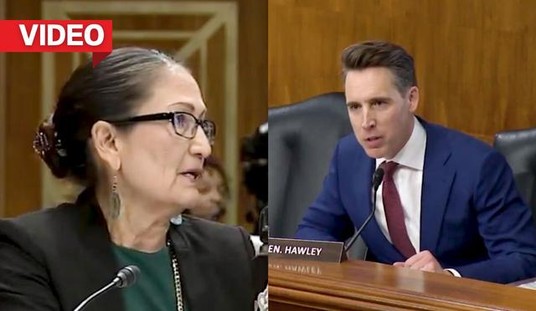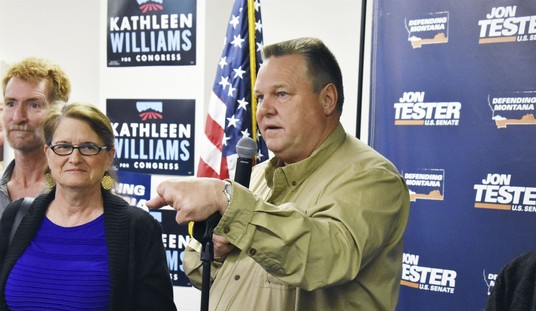An increased police presence at district events, stepped-up airport security for members and even a bomb-proof shield around the House gallery are under discussion in the wake of a recent assassination attempt on a lawmaker.
The shooting of Rep. Gabrielle Giffords (D-Ariz.) on Saturday has shaken staff and members and left them pushing for a comprehensive review of the Capitol Police’s security procedures even as they strive to remain accessible to constituents.
U.S. Capitol Police officials and the sergeants at arms are expected to hold a briefing with members at the Capitol on Wednesday to discuss how lawmakers can add more layers of protection, with much of the focus falling on closer communication with local law enforcement.
Providing one Capitol Police officer to each of the 435 lawmakers has already been ruled out as unfeasible, several members and police officials told The Hill, but significant changes to security are under consideration. The Capitol Police’s threat assessment and intelligence unit is among the operations that may fall under heavy scrutiny.
“I want to have a review from A to Z,” said Rep. Dan Lungren (R-Calif.), the chairman of the House Administration Committee. “What are we doing? How are we doing it? How effective are we on it? Are we agile enough to respond to threats as we know them? And what do we do to give members of Congress that kind of information and that sense of appropriate awareness to protect themselves as best they can?”
The Giffords shooting, which left six people dead, was the first attempted assassination on a lawmaker since Rep. Leo Ryan (D-Calif.) was killed in 1978.
Recommended
Congressional security increased significantly in 1998, after two police officers were shot at the Capitol. Following that incident, police stepped up security and installed bulletproof podiums at building entrances. Entrance points to the Capitol were moved away from leadership offices after then-Majority Whip Tom DeLay (R-Texas) and his staff came in close contact with the shooter.
Rep. Dan Burton (R-Ind.) told The Hill on Monday that he plans to re-introduce legislation next week that would create a clear bullet- and bomb-proof shield around the House gallery to protect members of Congress from attacks. He said that Giffords’s shooting was not related to his move, but that the incident emphasized the vulnerability of lawmakers both in their districts and on Capitol Hill.
“There are ways that someone can get an explosive device into the Capitol. If I know about it, then it seems that terrorists or others can figure it out without a great deal of trouble,” said Burton.
Assistant Democratic Leader James Clyburn (S.C.) said the Department of Homeland Security should look at whether airport security procedures can be altered for members “because a lot of the anxiety of some of the members … occurs because of their experience in airports.”
But several lawmakers, including Reps. Barney Frank (D-Mass.) and Jack Kingston (R-Ga.), said that decisions to heighten security for members must not result in a wall between lawmakers and their constituents.
Senate Sergeant at Arms Terry Gainer agreed, saying he’s hearing the same thing from members of the upper chamber.
“The senators that I’ve talked to and the leadership does not want to be encumbered and be put into a cocoon,” Gainer told reporters on Monday. “They want to do their job and they want us to do everything we can to minimize the risk, and we’re going to do that.”
All of the law enforcement officials The Hill spoke with on Monday said the biggest security imperative for lawmakers is keeping in touch with local law enforcement. House Sergeant at Arms Bill Livingood instructed lawmakers on Sunday to appoint a district liaison to law enforcement as a security step.
Both Lungren and Rep. Debbie Wasserman Schultz (D-Fla.) said they always have a local police officer or sheriff’s deputy present when they hold a town hall meeting in their districts.
Rep. Bill Pascrell (D-N.J.) said he held a constituent event in Paterson, N.J., on Monday morning where he and people from his district prayed for Giffords and the other victims of the tragedy. He said more than 150 people attended, adding, “The place was packed.”
Asked if any of his family members have expressed concern for his safety, Pascrell said he had “a sit-down” discussion with his wife, but stressed he was not going to change his day-to-day activities.
“We can’t show fear. We can’t be afraid. We can’t stop functioning,” he said.
For years, members’ districts and Capitol Hill offices have been equipped with panic buttons that allow staffers to discreetly call the police if confronted by a suspicious or angry member of the public.
Though Giffords’s shooting took place in her district, it could have occurred just as easily on Capitol Hill, according to Capitol Police labor committee chairman Jim Konczos, who added that police officials should take a look at where they can bolster the department’s ranks.
“What happened to the congresswoman was in a public setting, and that’s part of what they have to do, talk to their constituents,” said Konczos. “And I hate to say it, but that could have been the East Front of the Capitol — there are just so many people out there milling around.”
Members have received an increasing number of threats in recent years as the country’s political debate has reached vitriolic levels. On Monday the FBI, in conjunction with the Capitol Police, arrested a man who allegedly threatened Sen. Michael Bennet (D-Colo.), according to his office.
The Capitol Police provides around-the-clock protection for congressional leadership and members who are privy to highly classified intelligence information. But to step up protection for every member who receives a threat is just not feasible with the existing 1,800 officers who are charged with protecting the Capitol and the surrounding complex, several Capitol Police officials said.
The question of increased security measures comes at a difficult time for the Capitol Police. Last year the department discovered a nearly $7 million budgetary shortfall, and with a new Republican majority in the House that has promised to cut spending, lawmakers might be hard-pressed to increase the Capitol Police’s budget.
Rep. Ander Crenshaw (R-Fla.), chairman of the House Appropriations Subcommittee on the Legislative Branch, told The Hill that it is too early to say whether he would support any budget increases in light of the Arizona shootings.
But Crenshaw said that the subcommittee would hold an oversight hearing on security to find out if changes need to be made, especially in the way that Capitol Police and member staff coordinate with local law enforcement.

























Join the conversation as a VIP Member